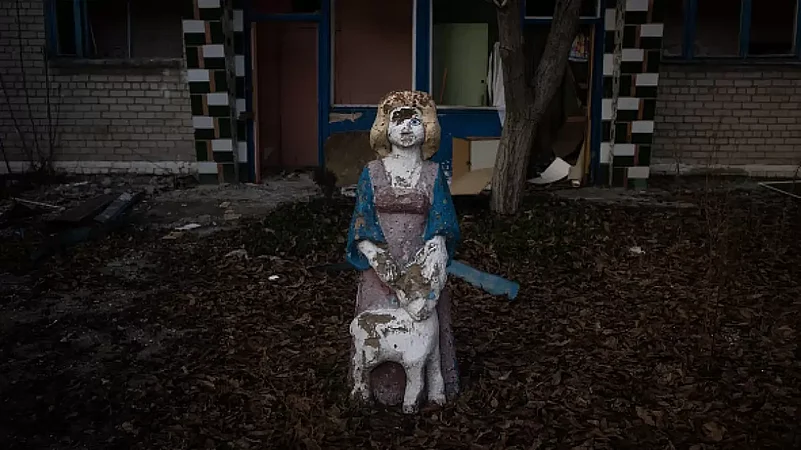The caged bird sings
with a fearful trill
of things unknown
but longed for still
and his tune is heard
on the distant hill
for the caged bird
sings of freedom.
— Maya Angelou
“All human beings are born free and equal in dignity and rights.” That’s how the Universal Declaration of Human Rights opened its book of fundamentals when it was proclaimed by the United Nations General Assembly (UNGA) in Paris on 10 December 1948. It has been 75 years since then. It has been 75 years since representatives across legal and cultural backgrounds drafted the UDHR which has been referred to as a common standard of achievement for all peoples and all nations.
But standing today, there seems to be little to no reason to celebrate this day of Human Rights.
“The world is losing its way. Conflicts are raging. Poverty and hunger are increasing. Inequalities are deepening. The climate crisis is a human rights crisis that is hitting the most vulnerable hardest,” says UN Secretary-General António Guterres.
Today, wars scar large swathes of the world as it faces the highest number of conflicts since 1945. At least 10,000 civilians, including more than 560 children, have been killed and over 18,500 have been injured since Russia launched its full-scale armed attack against Ukraine on 24 February 2022, according to a UN estimate. In Gaza, the death toll has nearly doubled since Israel waged a war on Palestinians on October 7 following Hamas’s cross-border rampage. Since then, at least 17,177 Palestinians have been killed, according to Gaza Health Ministry figures, while 1,200 people were killed in the Hamas incursion into Israel, according to Israeli tallies. Among the 17,000 Palestinians, children make up nearly 5,000. Aid agencies have warned that a humanitarian disaster in Gaza is worsening by the hour with most of its 2.3 million people homeless and trapped in a tiny, embattled coastal enclave, with little food, water, medical care, fuel or secure shelter.
A similar and devastating situation has been worsening six months into the deadly conflict in Sudan, warns UNHCR, the UN Refugee Agency. The war in Sudan has escalated fatalities and severe human rights violations against innocent civilians in Darfur, including refugees and internally displaced people.
Some of the worst human rights violations occur during war and conflict including the scourge of gender-based violence against women and girls. The turbulent and violent spaces of war lead to mass displacement deepening the refugee crisis across the world. In the past decade, the global refugee crisis has more than doubled in scope. In 2022, the UNHCR announced that we had surpassed the 100 million mark for total displacement, meaning that over 1.2 per cent of the global population has been forced to leave their homes. Among these people are over 32.5 million refugees.
At the same time, some of the poorest and most marginalised people are also bearing the brunt of a climate emergency that is now intensifying, impacting people’s rights, including to live in safety — from droughts and floods that lead to crop failure and hunger to forcing people to move as their home or livelihood is destroyed.
On this International Human Rights Day, Outlook looks at the deploring state of human rights across the world, as hunger for power overthrows humanity; as thousands die in war-like situations and mothers scatter through foreign lands to find a safe home for their children.


























